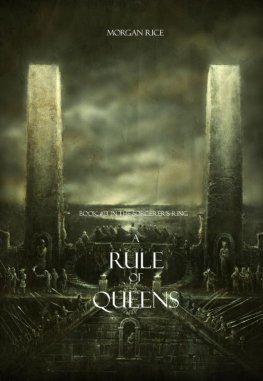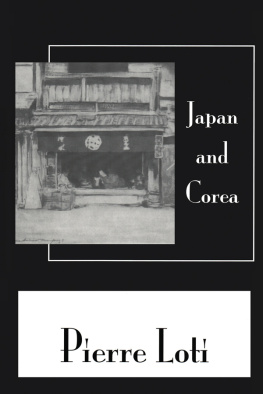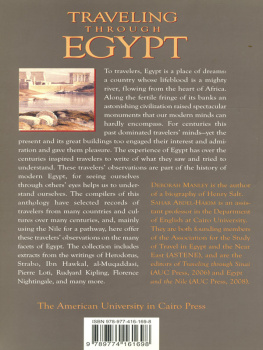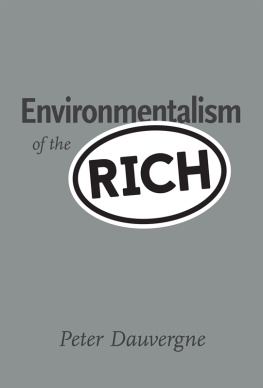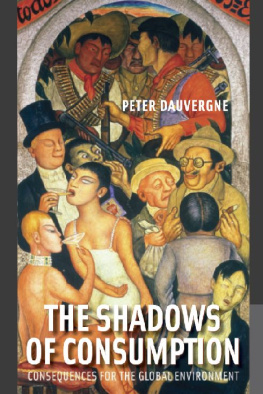ONE April evening, some sixty odd years ago, a boy sat at the window of a top room in the French seaport town of Rochefort. His gaze took in the trees on the wall built by Louis Quatorze, and beyond, the silver thread of the river Charente. But his vision extended farther afieldbeyond the near-by ocean, far ahead into the years. He beheld his future life unrolled before him as a gorgeous epic, played out with the whole world for a background. Farther and farther he peered into the unborn years till, a grey-headed man, he loomed up in this very room, to murmur with a sigh of resignation, I have been everywhere, I have seen everything. I have done everything. In the heart of the forests of Siam, I have seen the star of eve rise above the ruined temple of Angkor.
The boy was Julien Viaud. The man was Pierre Loti. And as the boy dreamed, so it all came to pass.
I know not, says Loti, whether many men in their childhood have thus seen their whole life in true prospect. But nothing has happened to me which I did not vaguely foresee from my earliest years.
The circumstances of his upbringing were decisive in shaping this essentially romantic conception of himself. At least, I know cases where the like environment has produced an exactly similar attitude in people of very different ancestry. Pierre Loti was the Benjamin of his family, born to his parents in their middle age, seeming, as he tells us, to belong in his own home to another generation. He was born at Rochefort on January 14, 1850. Louis Marie Julien were the names given him in baptism. His father, Jean Theodore, was a native of Rochefort who had married Nadine Texier, a staunch Huguenot, and embraced her religion with fervour. The Texiers had suffered for their faith in times past, probably they had been among the defenders of La Rochelle. The dour features of the French Protestants, as of the Scottish Covenant ers, have been glorified and softened in the eyes of posterity by the martyrs halo, and Louis Julien, though he soon lost their faith, never ceased to venerate the memory of his mothers ancestors. Indeed, he seems everywhere in his works to set much more store by them than by his fathers, though his paternal grandfather had died of wounds received at Trafalgar, and another Viaud had left behind him a book which proves him to have been an intrepid and widely-travelled navigator.*
At the time of his birth, Lotis father was forty-six years old, his mother forty. They already had a daughter, Marie, then in her nineteenth year, and another son, Gustave, aged twelve. The baby thus found himself surrounded not only by seniors, but by quite old people, with whom the little house in the Rue St. Pierre, since so much enlarged and aggrandised, was crowded. There were grandmothers and aunts, all of them a good deal surprised, no doubt, by the infants arrival.
The Viauds were not rich. The father held the important but not very profitable office of Secretary to the Commune, or, in other words, Town Clerk. They led a dull, prim life, and no doubt considered it incumbent upon them, as adherents of the religion, to set a good example to their Catholic neighbours. The children were brought up, as we should think, strictly. They assisted at the grim services at the Temple. Little Julien, we are informed, was heard to grumble: Always getting up, always going to bed, always nasty soup! It was, in fact, the kind of home which English novelists are never tired of picturing and girding at. How often is our sympathy invoked for the lonely, dreamy child, fettered by harsh conventions, stifling in the mean, narrow world of Protestantism, always misunderstood by his parents and, indeed, by everybody except some childless uncle or aunt! We breathe a sigh of relief when the child, grown into the hero or heroine, leaves the paternal roof, to find a spiritual home in furnished rooms off Kings Road, S.W.3, or in Gt. James Street, W.C.1. We can, therefore, better imagine this emancipated young persons amazement upon reading the French authors recollections of his childhood and his fathers house.


